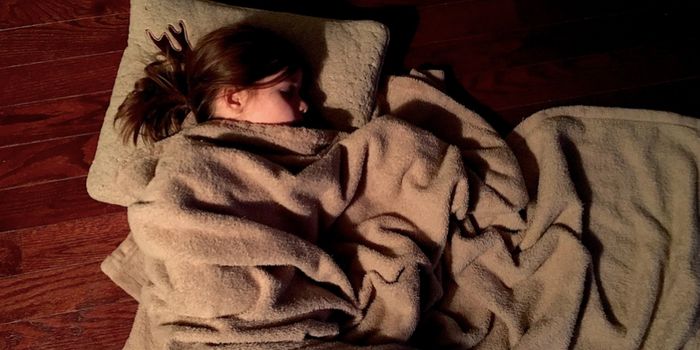The Efficacy of Acupuncture for PTSD in Combat Veterans
Posttraumatic Stress Disorder (PTSD) remains a pervasive and challenging mental health concern, particularly among combat veterans. Traditional treatment approaches often fall short in addressing the multifaceted nature of PTSD; an article published in the Journal of the American Medical Association Psychiatry delves into the findings of a groundbreaking randomized clinical trial that investigates the efficacy of acupuncture in combat-related PTSD.
Acupuncture is a type of integrative medicine that involves stimulating areas of the body known as acupuncture points with a sterile needle. This stimulation, in turn, activates the central nervous system, can prompt the release of chemicals and promote healing. The United States National Institute of Health recognizes acupuncture as a form of holistic medicine and has endorsed that acupuncture is effective in helping headaches, menstrual cramps, fibromyalgia, and more.
This trial enrolled a cohort comprising 85 male and 8 female veterans, averaging 39.2 years. The trial assessed PTSD severity using the Clinician-Administered PTSD Scale-5 (CAPS-5) score. Verum acupuncture (the experimental group) exhibited a superior effect compared to the sham acupuncture group, particularly from pretreatment to posttreatment, showcasing its efficacy in alleviating PTSD symptoms.
Fear conditioning during the acquisition phase did not exhibit significant changes between groups. However, during the extinction phase, verum acupuncture demonstrated a notable reduction in fear-potentiated startle (FPS) compared to the sham group. This suggests that verum acupuncture facilitated improved fear extinction, a crucial aspect in understanding the psychobiological effects of the intervention. Most adverse events were mild and unrelated to the study, emphasizing the safety of acupuncture when administered by competent practitioners.
The trial's results offer a significant contribution to the field, establishing acupuncture as a rational choice for treating combat-related PTSD. The study's strengths include a well-designed randomized controlled design, standardized acupoint selection, and a comprehensive assessment of both clinical and biological outcomes. Verum acupuncture outperformed the sham intervention, underscoring its potential as an effective therapeutic modality.
In conclusion, the trial provides robust evidence supporting the efficacy of acupuncture as a treatment option for combat-related PTSD. Integrating clinical and biological assessments enriches our understanding of the intervention's impact.
Sources: JAMA Psychiatry, Johns Hopkins Medicine








